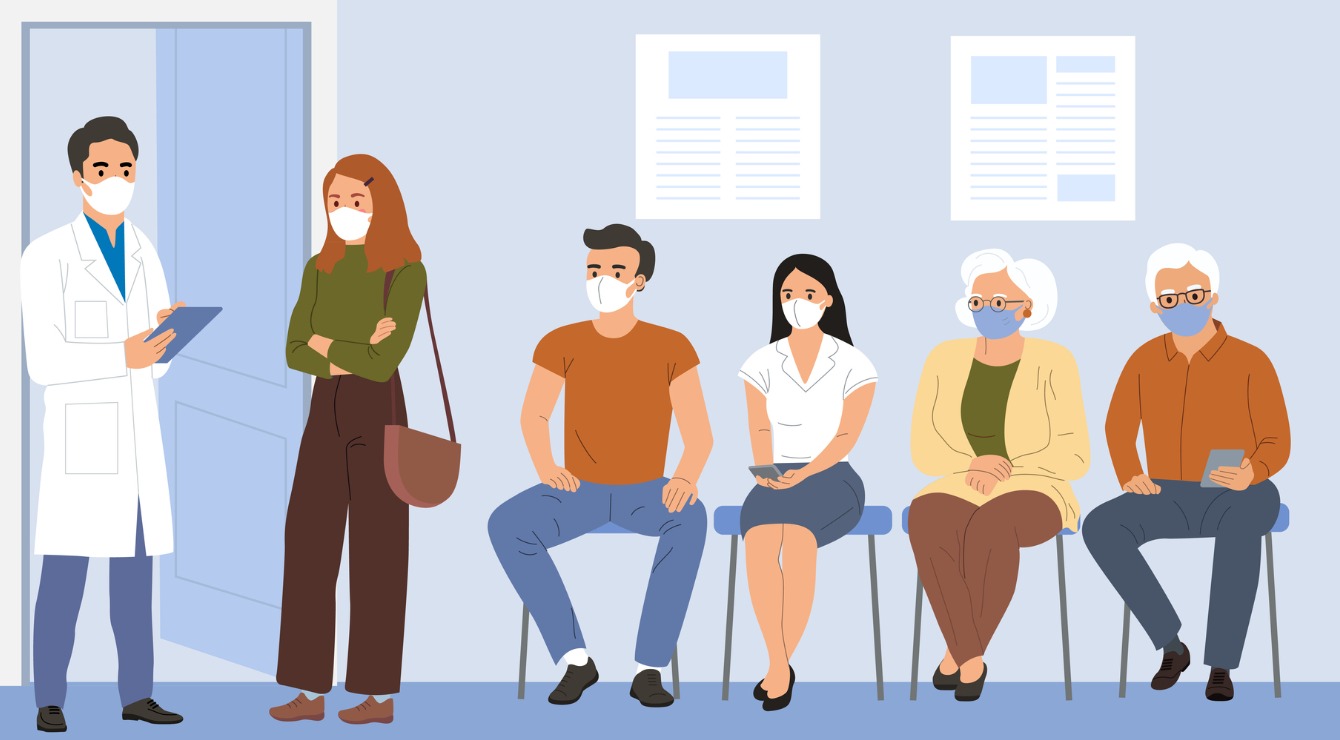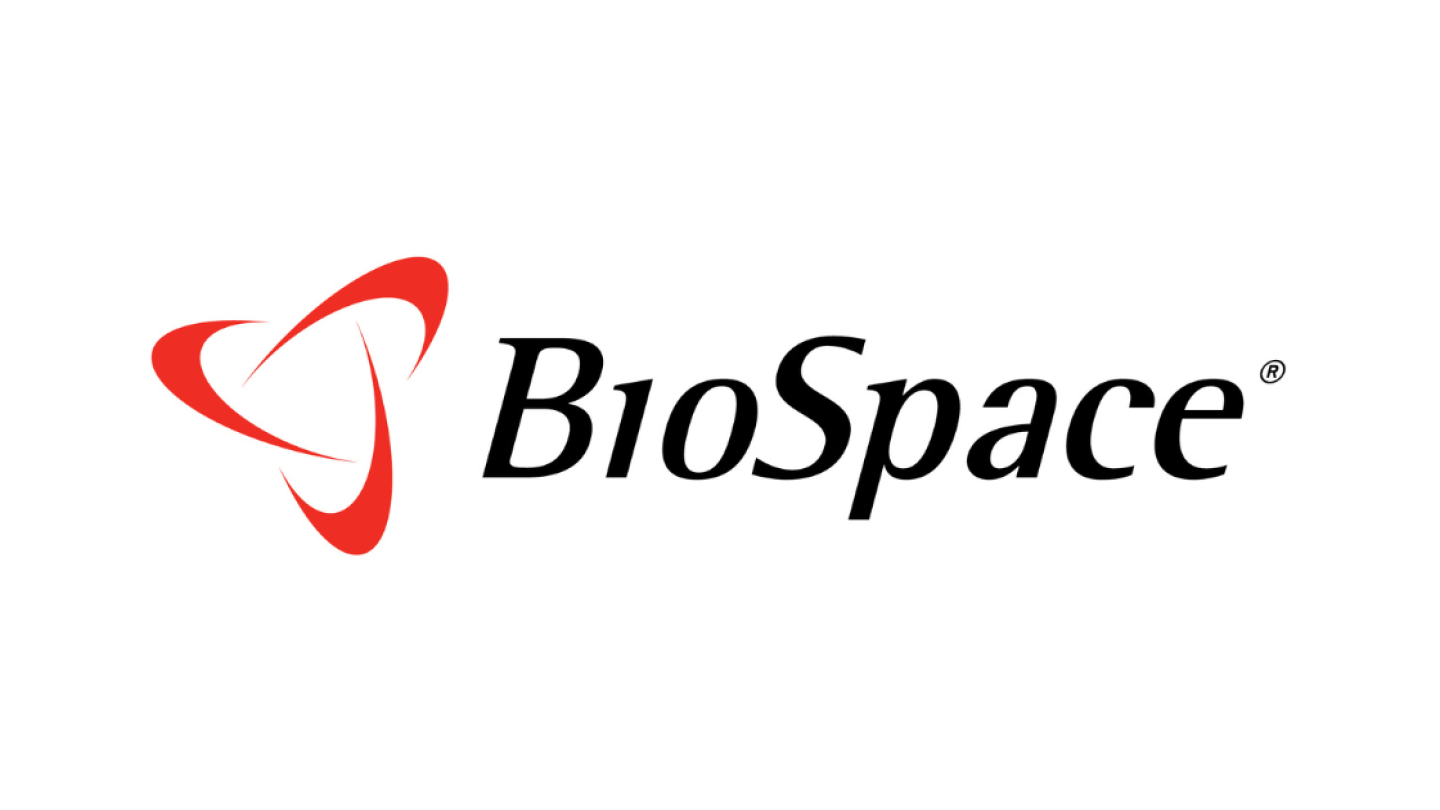Are mask mandates in health-care settings justified?

Resistance to public-health measures is certainly not a new concept; even anti-drunk driving laws received significant pushback as infringement of personal liberties. But no public-health measure has resulted in as much controversy as face coverings.
Even within the health-care sector, there is no consensus on when and how to employ masking interventions or even whether such interventions are justified. Indeed, any intervention-related decision-making must be grounded in the core values of public health, requiring consideration of principles such as health outcomes and the potential downstream impacts and consequences to weigh potential harms and burdens alongside social justice and health equity.
For a universal masking requirement in health-care settings to be acceptable, decision-makers must situate it within the context of public-health ethics to determine whether these mandates are justified. A simple way of discerning this is to use the ethical frameworks of public health. While many frameworks exist, there are a few overarching concepts.
- Is the intervention grounded in public-health goals?
Masking in health-care settings reduces transmission of SARS-CoV-2 virus and therefore COVID-19-related morbidity. The primary route of transmission is via airborne particles and respiratory droplets. Presymptomatic and asymptomatic individuals can transmit the virus, meaning COVID-19 spreads silently. Individuals in health-care settings are more likely to be elderly, immunocompromised or have comorbidities and risk factors for severe COVID-19-related illness, even when fully vaccinated. A meta analysis of 40 global studies shows a high incidence and burden of nosocomial COVID-19 infections. Data from Canada highlights that mortality rates with hospital-acquired COVID-19 infections are significantly higher compared to non-hospital-acquired infections. A systematic review and meta analysis demonstrated similar findings, with the risk of mortality 1.3 times greater in patients with nosocomial infections compared to community-acquired infections. In addition, Canada is facing a health-care worker shortage. Reduction of COVID-19 transmission in hospital settings can reduce further strain on human resources.
- Is the intervention effective in achieving the public-health goal?
While a recent Cochrane review on the effectiveness of masks to reduce the spread of respiratory viruses was inconclusive, potentially because randomized controlled trials are limited in their ability to properly assess public-health interventions, dozens of cluster-randomized and case-controlled studies have shown that a well-fitted mask with good filtration offers inward protection for the wearer as well blocking virus exhaled by infectious people. Studies specific to COVID-19 in health-care settings showed comparable results, suggesting that universal masking with a well-fitted mask worn continually leads to a lower rate of COVID-19 infection among health-care workers and patients. This benefit extends to other respiratory viruses as well.
- What are the known or potential burdens?
Research indicates minimal to no significant adverse effects of mask-wearing. Studies show no oxygen desaturation or respiratory distress occurs, even in low to moderate levels of exercise or in those with lung-function impairment. Face masks worn for longer durations, however, can result in minor skin reactions such as acne, itching and dry skin.
Research indicates minimal to no significant adverse effects of mask-wearing.
Studies evaluating attitudes on mask-wearing have indicated that some believe mandatory masking policies infringe upon personal liberty and disregard rights. However, Section 7 of the Canadian Charter of Rights and Freedoms states that “everyone has the right to liberty” unless “in accordance with the principles of fundamental justice.” Further, mask mandates can be warranted particularly in “cases arising out of exceptional conditions, such as natural disasters, the outbreak of war, epidemics and the like” provided the measure has a rational and reasonable connection and is not “arbitrary, overly broad or grossly disproportionate.”
- Can burdens be minimized? Are there alternative approaches?
Currently, we do not have adequate alternative approaches that are effective in reducing transmission of COVID-19. Vaccine effectiveness against transmission and prevention of symptomatic illness has decreased significantly, particularly with the onset of variants. Regular testing and screening can reduce the risk of transmission but not eliminate it given the limitations of rapid tests and asymptomatic spread. A 2007 Nuffield Council of Bioethics report states that if more than one intervention exists, the one that is least intrusive must be selected. It seems obvious that masking is less intrusive than requiring frequent invasive testing and vaccination.
- Are the intervention’s benefits and burdens balanced?
The COVID-19 pandemic has highlighted disparities and inequities, with the risk and burden of illness concentrated among the disadvantaged, medically vulnerable, marginalized and racialized. The right to health is a fundamental human right; accessing health care is borne out of necessity and unavoidable. Universal masking ensures the vulnerable are protected and reduces the stigmatization of mask-wearers if the policy is implemented for everyone within a health-care institution. A universal mask policy that does not discriminate and balances burdens fairly; although benefits are maximized for the vulnerable, they are nevertheless present ubiquitously.
- Are there any concerns with social justice and equity?
Specific to health-care workers, the Thompson framework on pandemic influenza preparedness clearly outlines obligations toward patients to provide care and protection from serious harm, unambiguously justifying, at a minimum, mask-wearing for health-care staff while at work. As leaders in public health have indicated, “justice requires public-health officials to devise programs with particular attention to the disadvantaged” and public-health policies should not exacerbate health inequities.
In conclusion, using public-health principles, a universal masking policy for workers in health-care settings that protects the health and well-being of those seeking medical care is well-justified.
What is still to be determined, however, is when can such interventions be safely downgraded and/or made less restrictive. We may, in fact, find that mask policies in health-care settings are justified in permanency, and especially during high circulation of respiratory viruses.
link






